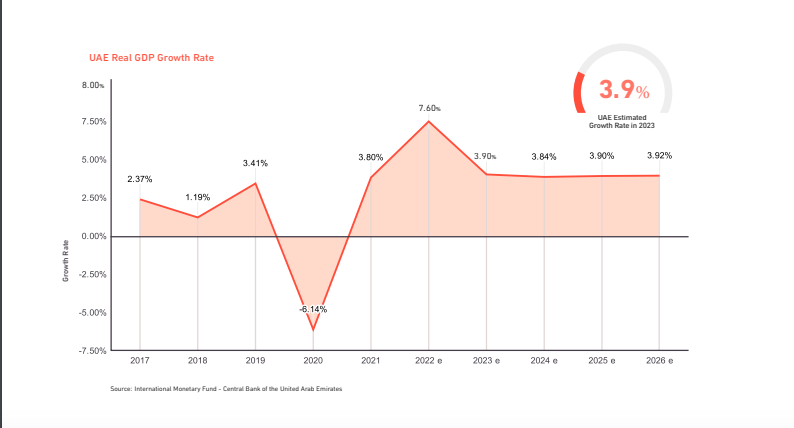Introduction
Real estate investment is a powerful strategy for building wealth and generating passive income. However, it requires careful planning, research, and execution to ensure success. This guide will walk you through the essential steps and considerations for investing in real estate, from defining your goals to managing your properties.
Step 1: Define Your Investment Goals
Before diving into real estate investment, it’s crucial to define your goals. What do you hope to achieve? Are you looking for long-term appreciation, immediate rental income, or a combination of both? Your goals will determine the type of properties you should invest in and your overall strategy.
Key Considerations:
- Financial Objectives: Clarify your financial goals, such as retirement savings, wealth accumulation, or additional income streams.
- Risk Tolerance: Assess your risk tolerance to determine the types of properties and markets that suit you.
- Investment Horizon: Decide whether you are looking for short-term gains or long-term investment.
Step 2: Research the Market
Understanding the real estate market is crucial for making informed investment decisions. Conduct thorough research on different locations, property types, and market trends. Look for areas with strong rental demand, potential for appreciation, and favorable economic conditions.
Key Considerations:
- Location Analysis: Identify neighborhoods with growth potential, good infrastructure, and proximity to amenities such as schools, transportation, and shopping centers.
- Market Trends: Analyze local market data, including price trends, rental rates, and vacancy rates.
- Economic Indicators: Consider economic factors such as job growth, population growth, and economic stability.
Step 3: Financial Analysis and Budgeting
Perform a detailed financial analysis to determine the affordability and profitability of your investment. This includes calculating the purchase price, financing options, expected rental income, and operating expenses.
Key Considerations:
- Cash Flow: Estimate the property’s cash flow by subtracting operating expenses from rental income.
- ROI and Cap Rate: Calculate the return on investment (ROI) and capitalization rate (cap rate) to assess the potential profitability.
- Financing Options: Explore different financing options, such as traditional mortgages, private loans, or leveraging existing equity.
Step 4: Secure Financing
Once you have identified a potential property, securing financing is the next step. Getting pre-approved for a loan can streamline the buying process and give you a competitive edge in negotiations.
Key Considerations:
- Mortgage Rates: Shop around for the best mortgage rates and terms.
- Loan Conditions: Consider the impact of interest rates and loan conditions on your investment.
- Down Payment: Ensure you have a sufficient down payment, typically 20% of the property’s purchase price.
Step 5: Conduct Due Diligence
Before finalizing the purchase, conduct thorough due diligence on the property. This includes a detailed inspection, reviewing the property’s history, and verifying rental income potential.
Key Considerations:
- Property Inspection: Hire a professional inspector to identify any issues or necessary repairs.
- Zoning and Legal Compliance: Check zoning regulations and property usage restrictions.
- Tenant Records: Review lease agreements and tenant records if the property is already rented.
Step 6: Close the Deal
Once due diligence is complete and you are satisfied with the findings, it’s time to close the deal. This involves finalizing the mortgage, signing the purchase agreement, and transferring ownership.
Key Considerations:
- Closing Costs: Be prepared for closing costs, including legal fees, inspection fees, and taxes.
- Final Walk-Through: Conduct a final walk-through to ensure the property is in the agreed-upon condition.
- Ownership Transfer: Ensure all paperwork is in order for a smooth ownership transfer.
Step 7: Manage Your Property
Effective property management is essential for maintaining your investment and ensuring a steady rental income. Decide whether you will manage the property yourself or hire a professional property management company.
Key Considerations:
- Tenant Screening: Implement a thorough tenant screening process to find reliable renters.
- Maintenance and Repairs: Regularly maintain the property and address repairs promptly.
- Financial Management: Keep detailed financial records and stay on top of rent collection and expenses.
Conclusion
Investing in real estate can be a rewarding way to build wealth and generate income. By defining your goals, conducting thorough research, performing financial analysis, securing financing, conducting due diligence, closing the deal, and effectively managing your property, you can navigate the complexities of real estate investment with confidence. Finar Real Estate is here to support you with expert advice and resources, ensuring your real estate investment journey is profitable and fulfilling.

